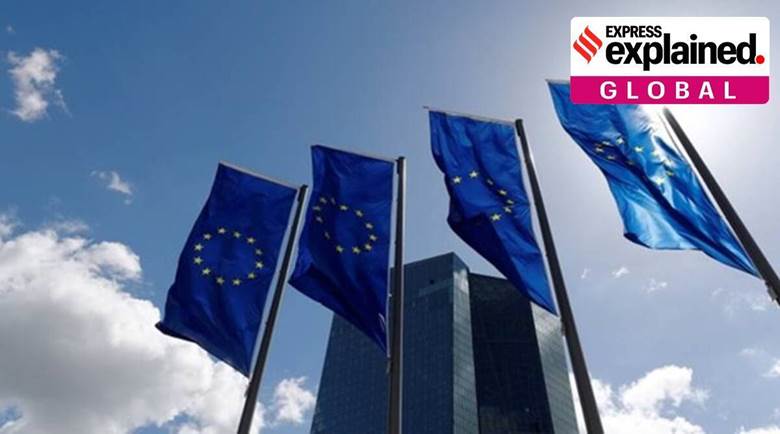Description

Copyright infringement is not intended
Context: Top European Union officials will use a trade meeting with U.S. counterparts to press concerns about Washington’s huge new green energy subsidy package. While EU countries welcome the new commitment to energy transition, they fear the $430 billion Inflation Reduction Act (IRA) will unfairly disadvantage their companies relative to rivals in the United States.
Details:
Why is Europe angry?
- The 27 EU countries are worried their companies will be cut off from U.S. tax credits for components used in renewable energy technologies like electric cars, offered under the new law on condition they are made in North America.
- EU countries consider that some 200 billion euros ($207 billion) of the U.S. subsidies are tied to locally produced content provisions that potentially violate World Trade Organization (WTO) rules.
- Not only do the tax breaks put European companies at a disadvantage to U.S. rivals, but EU state aid rules in their current form prevent member countries from offering similarly generous tax breaks to companies looking to set up factories.
.jpg)
What does Europe want?
- European officials say their best hope is to secure exemptions along the same lines as those already granted to Canada and Mexico.
- EU governments want a solution quickly, possibly with an arrangement agreed at an EU-U.S. Trade and Technology Council meeting.
- France has led calls for Europe to respond with state support of its own for European companies, including through a “‘Buy European’ act” and large-scale subsidies.
- Meanwhile, some German officials point out that 200 billion euros in EU pandemic recovery funds remain available and could be repurposed to support industry.
- European governments can also pool resources to subsidise cross-border projects deemed to be in the broader EU interest, but getting such initiatives approved by the European Commission can often prove long and complicated.
.jpg)
https://indianexpress.com/article/explained/explained-global/why-the-u-s-inflation-reduction-act-has-europe-up-in-arms-8307242/






.jpg)




